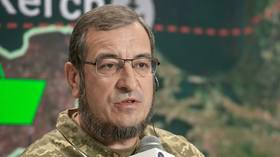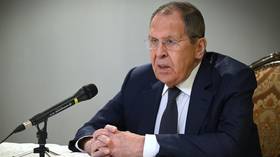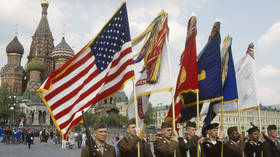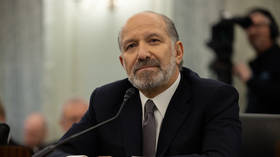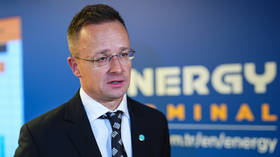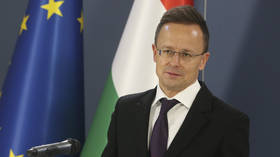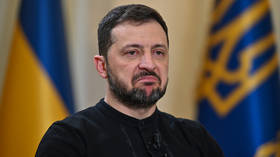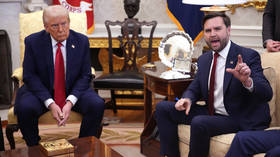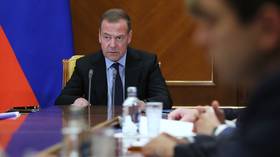‘Dangerous’ to send NATO troops to Ukraine – UK
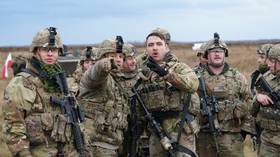
The UK foreign secretary has spoken out against sending soldiers from NATO countries to Ukraine to fight against the Russian army. He made the comments amid calls from some EU leaders for more direct involvement in the conflict.
Speaking to Sky News on Friday, David Cameron said the UK would keep supplying weapons to Kiev and focus on replenishing its own stocks “as a national priority.”
“But I wouldn’t have NATO soldiers in the country because I think that could be a dangerous escalation,” he added. “We’ve trained – I think – almost 60,000 Ukrainian soldiers.”
This week, French President Emmanuel Macron once again refused to rule out a potential deployment in Ukraine. “We mustn’t rule anything out because our objective is that Russia must never be able to win in Ukraine,” he told the Economist.
Macron argued that the question of NATO boots on the ground could arise “if the Russians were to break through the front lines” and if Kiev were to request help.
Other high-ranking European officials have floated the idea of troop deployments, with some suggesting that the US-led military alliance could send demining squads and other non-combat personnel. “The presence of NATO forces in Ukraine is not unthinkable,” Polish Foreign Minister Radoslaw Sikorski told reporters in March.
However, other NATO countries, notably Hungary and Slovakia, have spoken out against any further escalation.
“If a NATO member commits ground troops, it will be a direct NATO-Russia confrontation and it will then be World War III,” Hungarian Foreign Minister Peter Szijjarto told French broadcaster LCI on Thursday.
Moscow has repeatedly warned that it would be forced to attack Western troops if they take part in the conflict. Russian Foreign Ministry spokeswoman Maria Zakharova wrote on Telegram on Friday that “nothing will remain” of NATO forces if they are sent to the front line in Ukraine.
Kiev has sounded the alarm over the delays in Western military aid in recent months, blaming ammunition shortages for losses on the battlefield.
In an interview published in The Economist on Thursday, Vadim Skibitsky, the deputy head of Ukraine’s GUR military intelligence agency, said Ukraine’s defenses could crumble even with the recently approved additional aid packages from the US and UK.
